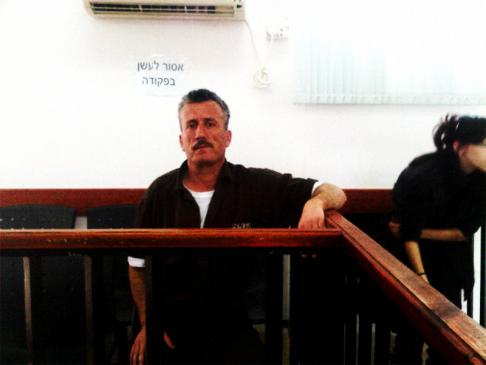Tag: Popular Struggle Coordination Committee
-
CPT-Palestine closes At-Tuwani project
November 2, 2011 | Christian Peacemaker Team – Palestine In 2004, the village of At-Tuwani and its Israeli partner, Ta’ayush, approached CPT’s Hebron team and the Italian peace group, Operation Dove, asking if they could provide accompaniment for the children of the village whom settlers regularly attacked as they walked to school. Although CPT had…
-
Main Witness to Testify Tomorrow in Trial of West Bank Protest Organizer, Bassem Tamimi
23 October 2011 | Popular Struggle Coordination Committee Islam Dar Ayyoub, the 14 year-old who incriminated Tamimi after being unlawfully interrogated, will take the stand tomorrow at the Ofer Military Court. Tamimi has been incarcerated for seven months, in which only one witness testified. The Military Prosecution will resume making its case against West Bank…
-
Nablus joins West Bank and Gaza in support of prisoner strike
by Alistair George 3 October 2011 | International Solidarity Movement, West Bank Hundreds marched in Nablus today to protest against the harsh conditions endured by Palestinian prisoners in Israeli jails and to show solidarity with over 150 prisoners currently on hunger strike. Prisoners from the leftist PFLP (Popular Front for the Liberation of Palestine) movement…

